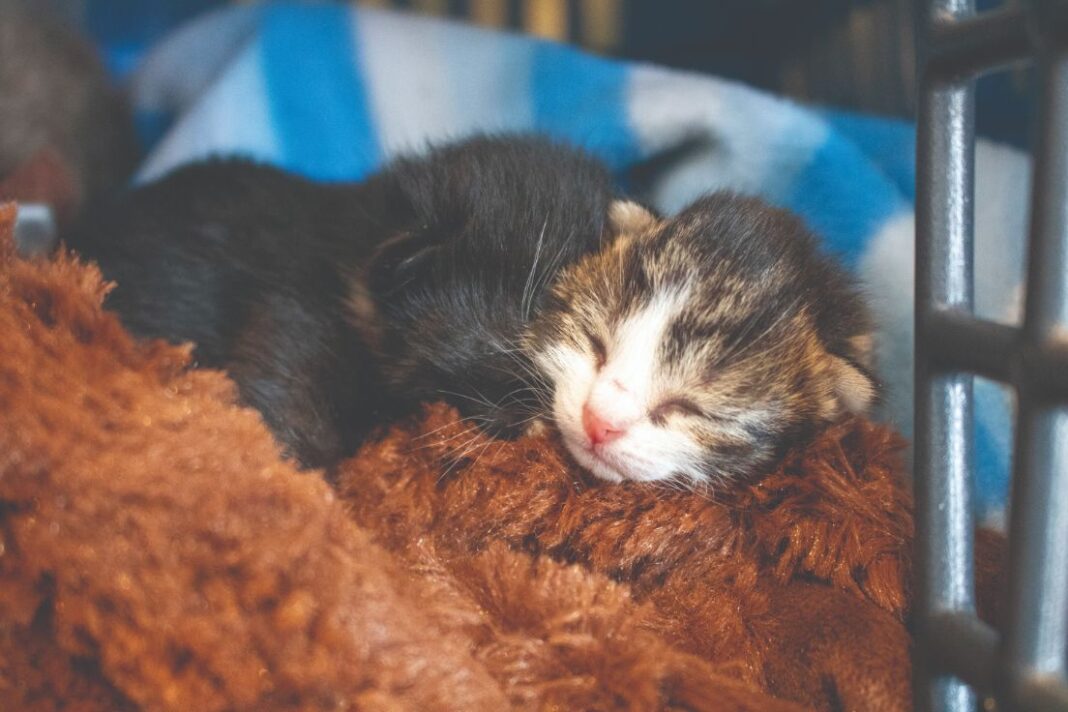September is National Desexing Month and RSPCA ACT is reminding all pet owners about the importance of desexing their pets.
RSPCA ACT CEO Michelle Robertson said that desexing plays a crucial part in managing unwanted litters and could reduce numbers of unwanted animals that end up at local RSPCA’s and other rescue groups around the country every year.
In the 2018-19 financial year, RSPCA shelters across Australia took in nearly 125,000 animals.
“Desexing can play a crucial part in managing unwanted litters, which is a global problem,” Ms Robertson said, describing the rates of desexing across the ACT as a “mixed bag”.
“There’s a lot of people who do the right thing,” she said.
“On average, more than half the animals that come into the shelter still aren’t desexed, so there’s a large number of people who still aren’t doing it.”
Desexing decreases the risks of various health and behavioural problems for domesticated animals.
Alongside reducing risks for diseases such as mammary and testicular cancer as well as uterine infections, desexing can also help decrease fighting in male cats, and with it, their exposure to blood and saliva borne diseases such as Feline AIDS (FIV).
In the ACT, all pets that do not hold a registered permit must be desexed by the age of six months.
During the last financial year, RSPCA ACT desexed over 2,100 animals.
‘Kitten season’ starts on cue
RSPCA ACT received their first neonate kittens of spring right on time at the start of September; ‘kitten season’ in Canberra usually runs from early spring through to March-April.
Looking after these kittens until they’re ready for adoption is no easy task for the RSPCA’s volunteers and staff; they must be bottle-fed every few hours, need help with toileting and require around-the-clock monitoring.
During the last financial year, RSPCA ACT rehomed 675 kittens in an “outlier” season that saw a much larger than average number of kittens handed in for rehoming.
That was met by a “massive spike” in adoption uptake in March-April this year as COVID restrictions came into effect.
“It was about three times on averages what we adopt out per week for a few months there … that’s since levelled and what we’ve seen since year-on-year is a drop in adoption rates and animals coming in,” Ms Robertson said.
Ms Robertson warned however that as life returns to normal it’s important people have a transition plan in place for their pets.
“Our pets love having us at home, they’re stimulated, they’re engaged, they’re mentally and physically active,” she said.
“If everything swings back to normal we’d ask the community to think about what that looks like to avoid a hard change in routine for their animals.”



